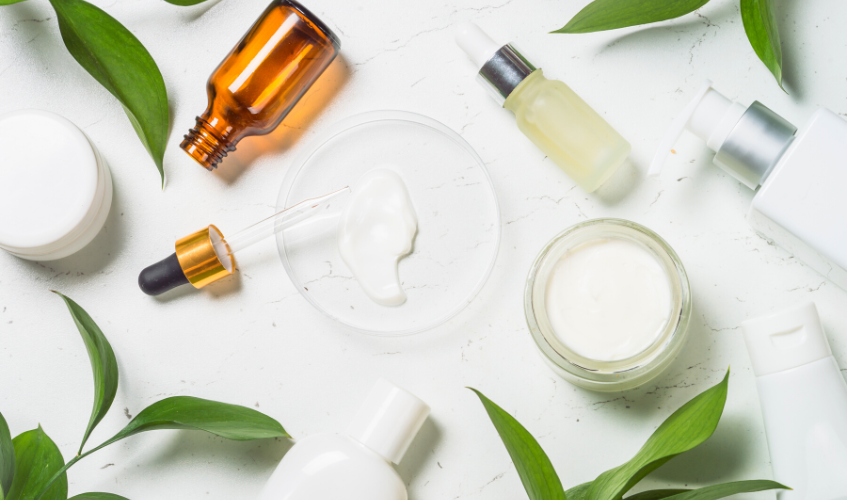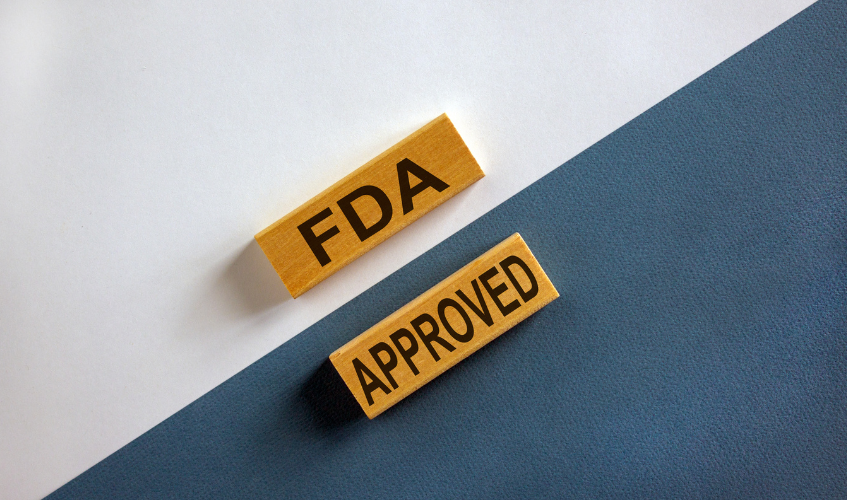Compounding pharmacy is a great help to those patients who are allergic to some specific medications or they can’t have the standard manufacture dosage of their prescriptions; however, compounding medications are not regulated by FDA as they are customized medications and there is not a standard procedure for each compounding medication. Technically, FDA approval for compound medications is not necessary; however, there are still some compounding pharmacy regulations that need to be followed by a good compounding pharmacy and that is a major upgrade in a compounding pharmacy law.
Now there are several compounding pharmacy laws as well as the standard pharmacy laws and regulations. These compounding pharmacy regulations vary upon different compounding pharmacy types and specific states as well. For example, if a Maryland compounding pharmacy is only dealing with humans then it should follow only a few compounding laws but a vet compounding pharmacy should also follow all the vet compounding laws in Maryland.
What Regulations must a Compounding Pharmacy Follow?

In general, there are some pharmacy compounding regulations that are applicable to all compounding pharmacies because they are associated with hygiene and safety measurements. Let’s have a look at some of the new pharmacy compounding regulations.
(USC-201) License is Mandatory
According to USC-201, before running a compounding pharmacy in the United States, a license is mandatory to run any kind of pharmaceutical business e.g. dispensing, retailing, preparing or compounding any drugs or chemicals.
(USC-353) Compounding Prescription should be Validated
Compounding should be done only to make the validated prescriptions either by a licensed vet, pharmacist, physician or a doctor.
(USP-795) Good Compounding Practice
USP-795 is a complete chapter covering all new pharmacy compounding regulations. According to USP-795:
- The compounding personnel should be qualified enough to process all the compounding and then direct all the sub tasks to lab technicians.
- A certified documentation should be there in a compounding pharmacy to prove that there is a licensed and expert staff in a specific compounding pharmacy.
- The sourcing of the participating ingredients and drugs should be from reliable sources ensuring quality and purity.
- All the equipment and compounding environment should be well managed according to all the sterile guidelines by the health authorities.
- The specific area for a compounding pharmacy should be large enough to process the multiple compoundings without any cross-contamination and calculation error.
Food Drug & Cosmetic Act

Along with the USP act, now some compounding pharmacy regulations are also monitored by FDA under the act of Food Drug & Cosmetic Act.
1) 503-a
According to 503-a, all the compounding pharmacies and processes should be complied with all the USP guidelines.
2) Restricted Compounding
There are some pharmaceutical products that are not allowed to be compounded in compounding pharmacies. Some of the prohibited compounded medicines are the removed products from the market due to their unsafe nature. Exact duplications of the commercially available medicines are also prohibited to compound.
3) Compounding Control
A leading compounding pharmacist should control all the compounding by itself.
4) Updated Labeling
One of most notable new compounding pharmacy regulations are proper labeling of the compounded medications. All the information about the active participants and the suggested information (HIPAA data) according to USP provisions should be available on the compounded product label.
5) Compounding Records
All the compounding records should be well maintained in a compounding pharmacy for at least 2 years and they should be ever ready to be presented during pharmacy inspection.
Are Compounding Pharmacies Regulated in the USA?
Compounding pharmacies are not FDA approved but they are still regulated by the FD&C act and they are expected to follow some standard regulations by the state board of pharmacy. The most famous compounding pharmacy regulations are 503-a and 503-b where all the compounding pharmacies are expected to follow some sterile preparations and the hygiene maintenance during compounding, so there would be no cross-contamination between the drugs.
Furthermore, a compounding pharmacy should be supervised under a licensed pharmacist and an expert in compounding who can manage and guide all the standard compounding procedures and maintain all the compounding records for the pharmacy inspection team.
Are Compounding Pharmacies Regulated by the FDA?

Yes, the compounding pharmacies are regulated by the FDA under the Food Drug & Cosmetic act. FDA does not verify or approve the compounded products but it just makes sure of the compounding standards and the hygiene standards of a compounding pharmacy that are suggested by state board of pharmacy and other health authorities. It means FDA makes sure to inspect the compounding pharmacies and imposes all the suggested compounding regulations in the Food Drug & Cosmetic Act (503).
Summary
Compounding pharmacies are the specialized pharmacies that make the customized medications that are not readily available in the market as manufactured drugs. Compounding medications are not FDA approved; they are not regulated by the FDA; however, there are some new compounding pharmacy regulations that are enforced by the FDA under the FD&C act.
Now all the pharmacies that are licensed by state or federal authorities are obliged to follow the pharmacy compounding regulations under the 503-1 and 503-b; however, if the compounding products are made in the outsourcing facilities then they have to oblige the Current Good Manufacturing Practice (CGMP) requirements.
Before filling your prescription from a compounding pharmacy nearby Maryland, you should know all the tips to choose a compounding pharmacy, so you can make sure that a chosen compounding pharmacy is well aligned with all the CGMP requirements, FD&C act and other USP regulations.


![Compounding Pharmacy Regulations 2022 [Law Changes]](https://knowleswellness.com/wp-content/uploads/2022/07/Compounding-Pharmacy-Regulations-2022-_Law-Changes_-.webp)